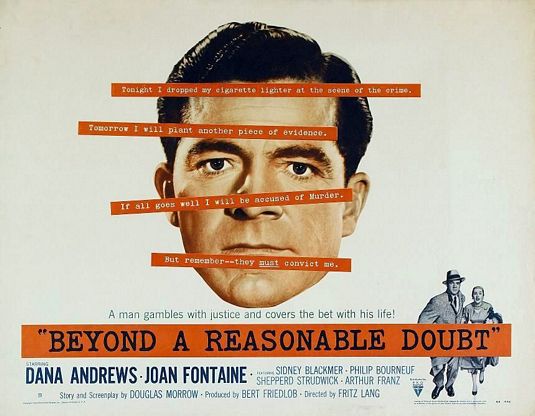
However, typically courts will require some evidence before they will permit the issue to be raised a trial.

In a criminal trial, a defendant may be required to provide evidence sufficient to raise an issue - such as the defendant's sanity at the time of alleged offense - at trial. Rarely used in criminal law, scintilla is the standard used in some courts for denying the plaintiff a restraining order. In contrast, the burden of production, requires the prosecution or defense lawyer to produce some quantum of evidence in order to raise an issue before the fact finder.Ī scintilla is the smallest amount of evidence possible. The burden of proof or persuasion is the burden of convincing a factfinder that a given factual claim is true or false to a given degree of probability.

In systems where the defendant is given the presumption of innoccence, the prosecution has the burden of proof in demonstrating the crime was committed by the defendant.īurdens are allocated in shift risk of error from one party to the other.Ī criminal defense attorney should keep in mind that there are generally two kinds of burdens in a criminal trial: burdens of production and burdens of proof or persuasion. A criminal case involves shifting obligations between the prosecution and the defendant.


 0 kommentar(er)
0 kommentar(er)
